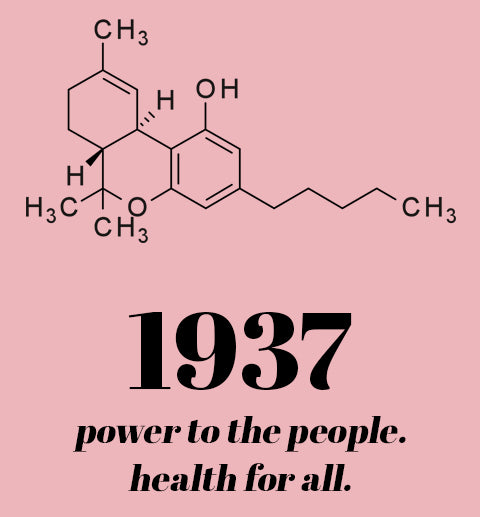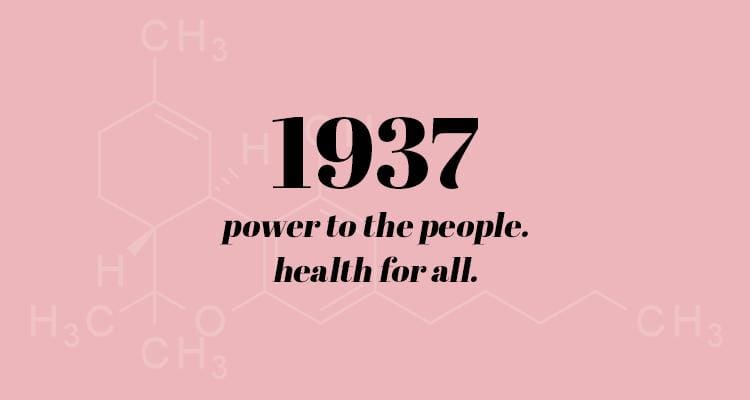CBD Oil for Depression

More than 16 million adults are diagnosed with depression in the United States each year, and the disorder can be deadly. The World Health Organization estimates that close to 800,000 people die each year from suicide.
The exact cause of depression is unknown, but studies have found that the regions in the brain that regulate mood are often to blame. An illuminating article by Harvard Health states that the hippocampus, which is the part of the brain that’s responsible for long-term memory and recollection, is smaller in depressed people.
When you’re depressed, you would do almost anything to feel better. But even with that desperate desire to overcome depression, you might be reluctant to try medication. That’s understandable as many antidepressants come with a wide range of unpleasant side effects like libido suppression, nausea, increased appetite, weight gain, and even insomnia.
CBD oil, in contrast, has very few side effects. Although the research on CBD oil and depression is sparse, it’s promising. In combination with psychotherapy, CBD oil may help relieve some depression symptoms. Read on to see what the research has found so far on CBD and depression.

Depression in the Modern World
Sometimes things happen in life to make us feel depressed — a death in the family, loss of a job, or even a hurtful breakup. But when you’ve been dealing with depression for six months or more and have intense and persistent feelings of sadness that disrupt your life, then you might have a major depressive disorder.
Symptoms
According to the DSM-5, which is the manual used by psychiatrists to diagnose mental health disorders, the symptoms of depression include:
- Feeling intensely sad and down for most of the day, every day
- Loss of interest in things that used to be fun
- Significant weight loss or weight gain
- Decreased or increased appetite
- Trouble sleeping or not sleeping enough
- Feeling agitated or lethargic
- Feeling worthless or guilty
- Trouble thinking or making decisions
- Frequent crying spells
- Thoughts of suicide and/or death
The Many Causes of Depression
Doctors and scientists may not be sure about the exact cause of depression, but according to Harvard Health, there are many things known to be risk factors:
Life events. Stressful and hurtful events in life can trigger depressive episodes, including relationship problems, abuse, trauma, job loss, grief, and family problems.
Family history. Studies have found that there is a greater chance of inheriting depression if it runs in your family, particularly if one or both of your parents has had a depressive episode.
The brain. Various neurotransmitters, or chemicals in the brain that relay messages from neuron to neuron, have been identified as playing a part in depression. Two of the best known are serotonin and dopamine, which are both frequently talked about in association with mental illness. When a person has a weak neurotransmitter, it can cause emotional problems such as depression and anxiety.
Hormones. Prenatal and postpartum hormones have been known to cause depression in women.
Chronic medical problems and pain. Both can lead to depression as they foment a feeling of hopelessness, fear of dying, or because of the enormous stress pain has on the body.
Antidepressant Effects
In people with severe, chronic depression, neurotransmitters in the brain are weaker. In a study done on the neurological benefits of CBD, CBD appears to stimulate the production of neurotransmitters and make it easier for the synapses in the brain to receive them. This means that CBD could have the ability to heal the so-called “chemical imbalance” in the brains of those who suffer from chronic depression.
Serotonin is one of the neurotransmitters (chemicals) in the brain that many doctors and scientists believe play a part in depression. Tricyclic antidepressants are a medication commonly prescribed for depression, and they work by increasing levels of norepinephrine and serotonin in the brain.
In a study on mice, CBD was found to have an antidepressant effect similar to the tricyclic medication Tofranil. Another study on rats found that CBD not only had an antidepressant effect, but the effect was sustained. This is a great discovery because it means that CBD has a lasting effect and may even heal the brain over time.
Pain and Depression
Chronic pain takes a toll on the body. Over time, it can make you feel so hopeless and miserable that you become severely depressed. It’s not unusual for chronic pain to lead to thoughts of suicide. There was even a study done in 2014 on the increased risk of suicide in chronic pain patients.
Early studies, including one done in 2008, found that CBD oil has anti-inflammatory properties that can help relieve pain. Another study in the Journal of Experimental Medicine noted that CBD oil can suppress both inflammatory and chronic neuropathic pain.
Therefore, CBD oil can be effective in the treatment of one of the causes of depression. By effectively managing chronic pain, your emotional state and outlook on life improve, which minimizes depression symptoms.
How to Take CBD Oil
Cannabidiol, or CBD, is available in many different forms, but the most popular are:
CBD Oil Tinctures. A tincture is a high concentration of CBD soaked in alcohol or oil, typically available in 300 mg, 500 mg, and 1000 mg concentrations. This is the total amount of CBD contained in the bottle. So if your bottle is 1000 mg, and you have a 30 ml bottle, then each drop will contain 33 mg of CBD. To use, extract the tincture with the dropper and dispense it under your tongue. Hold it there for about a minute before swallowing.
CBD Gummies. Depending on the type of gummy purchased, the concentration will vary, but it will be written on the bottle. Gummies typically take longer to feel than tinctures, but many enjoy the delayed-release aspect of them. They’re also easier to dose. Most types of CBD gummies recommend taking 1-2 gummies a day.
CBD Topicals. This includes lotions, balms, creams, and any other topical application of CBD. This is another great way of dealing with pain, especially back pain and arthritis. A study in 2016 found that a topical CBD cream was effective in the treatment of arthritis in rats. The lotions, balms, and creams are easy to use; you just apply them as you would a topical pain-relieving cream.
CBD Vape Oil. Vape oil is typically around the same concentration as a tincture, and it’s meant to be taken 1 ml at a time. This method is the fastest way to absorb CBD quickly, as in times when pain is intense, and you can’t wait for your digestive system to absorb a tincture.
Recommended amount. According to the study of antidepressant effects of CBD on mice, the dosage used was 10 mg/kg of CBD. Because tinctures are so concentrated, you’ll only need a small amount. Most doctors recommend starting with 1ml (one dropper full) of CBD oil. It’s important to work with someone who is knowledgeable about natural medicine while taking CBD. They can help advise you on the most effective amount for you.
CBD Oil Side Effects
Compared to the countless side effects that come along with most medications, CBD has very few. According to a study done on the safety and side effects of CBD, it can cause:
- Anxiety
- Changes in appetite
- Changes in mood
- Diarrhea
- Nausea
- Vomiting
- Dizziness
- Drowsiness
- Dry mouth
The main thing to remember is that CBD is treated by the FDA as a supplement, which means it won’t be regulated like medication. It’s important to be sure that you’re buying your CBD from a quality manufacturer who is very transparent with what exactly is being put into the production of the oils, vapes, gummies, and topical creams.
Final thoughts
With so many people dealing with depression nation-wide, CBD can provide a natural alternative to pharmaceuticals. Compared to chemically-manufactured medication, CBD has very few side effects, most of them mild.
There haven’t been many studies on CBD oil and depression, but the few that have been released are promising. They show CBD is effective in pain management and in having anti-inflammatory properties in the brain. When you look into the possible causes of depression, particularly on brain chemistry, you can see how CBD’s effect on strengthening and supporting the brain can help alleviate depression symptoms.
Pain is such a big contributor to depression that the research on CBD being effective at reducing pain is important. If pain is managed by CBD, then depression symptoms will also be reduced.
There are many different forms of CBD that you can take, each with their pros and cons. You can choose the best for your lifestyle.
Be sure to buy quality CBD products from reputable manufacturers so that you can feel confident in the concentration of CBD.
Depression is a serious and often life-threatening condition. You should always seek out professional help if you think you might be dealing with depression. CBD oil can potentially be an effective method of treating your symptoms, especially if used alongside psychotherapy.

In addition to being a psychotherapist with over ten years experience, Jessica Leake is the author of four traditionally published novels, the two most recent by HarperTeen. She and her pharmacist husband are huge believers in wholistic medicine and use CBD oil on a daily basis. They live in Greenville, SC with their four young children. She invites you to learn more about her (but mostly her books) at jessicaleake.com.



